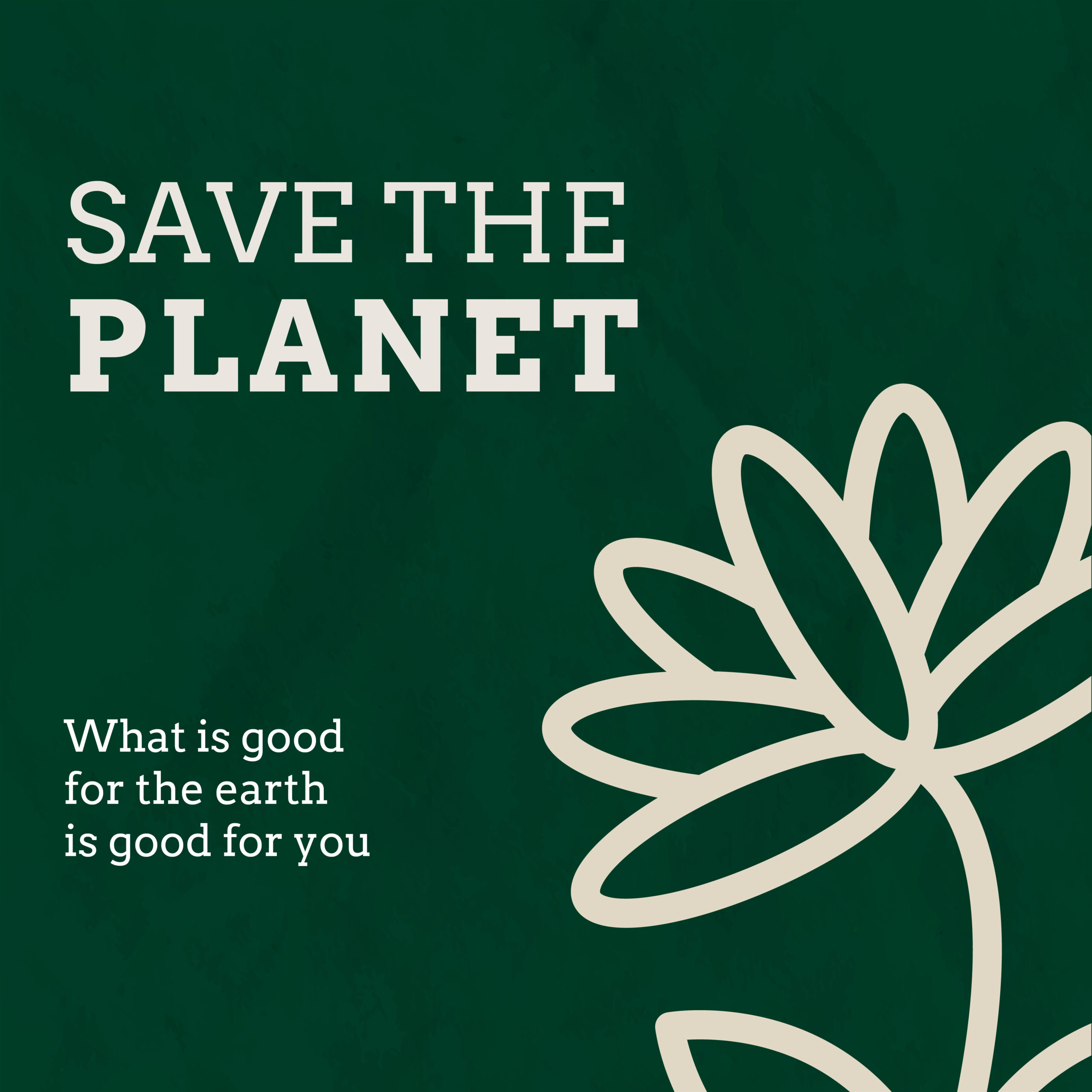Introduction
In today’s fast-paced and consumer-driven world, the concept of eco-minimalism has emerged as a powerful response to excessive consumption and environmental degradation. It is a lifestyle that combines the principles of minimalism with sustainability, encouraging individuals to live with less while prioritizing ecological responsibility. Unlike conventional minimalism, which focuses primarily on reducing material possessions, eco-minimalism integrates mindful consumption with environmental awareness, promoting a lifestyle that benefits both individuals and the planet.
Understanding Eco-Minimalism
Eco-minimalism is built on two core philosophies:
- Minimalism – The idea that having fewer material possessions leads to a more fulfilling and stress-free life.
- Eco-Consciousness – Making decisions that reduce one’s environmental footprint, such as sustainable living, ethical consumption, and responsible waste management.
By blending these concepts, eco-minimalism encourages people to declutter not just their homes but also their habits and mindsets, fostering a deeper connection with nature while reducing their carbon footprint.
Why Eco-Minimalism Matters
The world is facing an environmental crisis, with climate change, resource depletion, and pollution threatening ecosystems and human life. Consumerism plays a significant role in these issues, as industries produce excessive goods, leading to overconsumption, waste, and carbon emissions. Eco-minimalism offers a solution by promoting conscious consumption and sustainable choices that benefit both individuals and the environment.
Key Benefits of Eco-Minimalism
1. Reduced Waste and Pollution
- Choosing reusable, recyclable, and biodegradable products helps minimize landfill waste.
- Avoiding fast fashion, single-use plastics, and unnecessary packaging reduces environmental harm.
2. Financial Savings
- Buying only what is necessary reduces impulsive spending and long-term financial burdens.
- Investing in durable, high-quality items leads to long-term savings.
3. Mental Clarity and Well-Being
- A clutter-free space leads to reduced stress, improved focus, and a sense of peace.
- Living simply shifts focus from material possessions to experiences and personal growth.
4. Lower Carbon Footprint
- Supporting ethical brands and sustainable products reduces energy and resource consumption.
- Minimalism leads to lower energy use, as fewer possessions require less space and maintenance.
Practical Steps to Adopt Eco-Minimalism
1. Mindful Consumption
- Before purchasing anything, ask: Do I really need this?
- Choose sustainable brands and products made from eco-friendly materials.
- Buy second-hand or repurpose items to extend their life cycle.
2. Decluttering Responsibly
- Instead of throwing away unwanted items, donate, sell, or recycle them.
- Prioritize quality over quantity—opt for multipurpose, long-lasting products.
- Digitize documents and photos to reduce paper waste.
3. Sustainable Living Choices
- Reduce energy consumption by using LED lights, unplugging devices, and investing in energy-efficient appliances.
- Adopt a plant-based or low-meat diet to lower environmental impact.
- Use public transport, cycle, or walk instead of driving whenever possible.
4. Eco-Friendly Home Practices
- Use natural, biodegradable cleaning products instead of chemical-based ones.
- Grow a small indoor garden or compost organic waste to reduce trash.
- Install water-saving devices like low-flow showerheads and rainwater harvesting systems.
Overcoming Challenges in Eco-Minimalism
Adopting an eco-minimalist lifestyle may present challenges, such as societal pressure to consume or difficulties finding sustainable alternatives. However, overcoming these obstacles is possible by:
- Setting Realistic Goals – Transitioning gradually rather than making drastic changes all at once.
- Educating Yourself – Staying informed about environmental issues and sustainable practices.
- Finding a Community – Connecting with like-minded individuals who support eco-friendly living.
Conclusion: The Future of Eco-Minimalism
Eco-minimalism is not just a passing trend but a necessary shift towards a more sustainable future. As climate concerns grow and people become more conscious of their environmental impact, this lifestyle will continue to gain traction. By making intentional choices that align with both minimalism and sustainability, individuals can lead a life that is simpler, more fulfilling, and environmentally responsible.
The question we must ask ourselves is not just how much we own, but how our choices impact the world around us. Will we continue contributing to overconsumption and waste, or will we embrace a lifestyle that fosters harmony between humans and nature? The choice is ours.







0 Comments